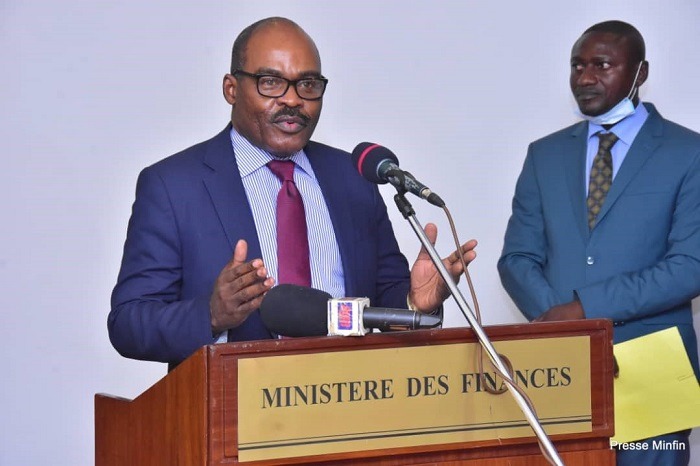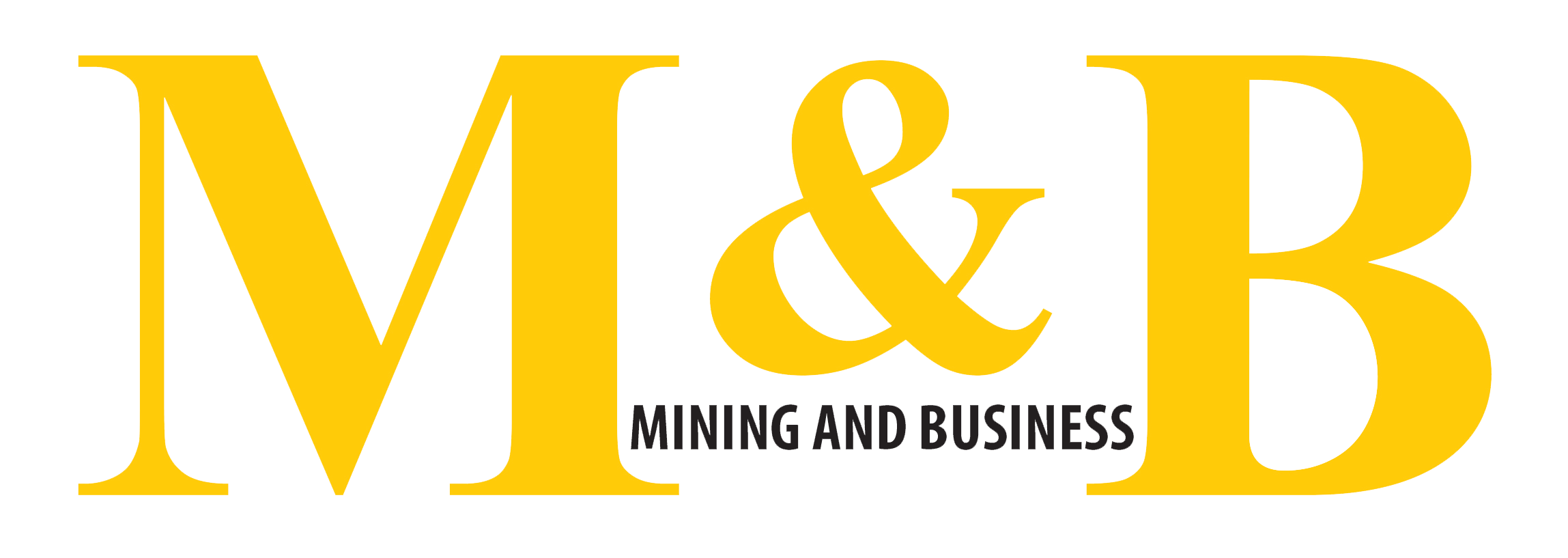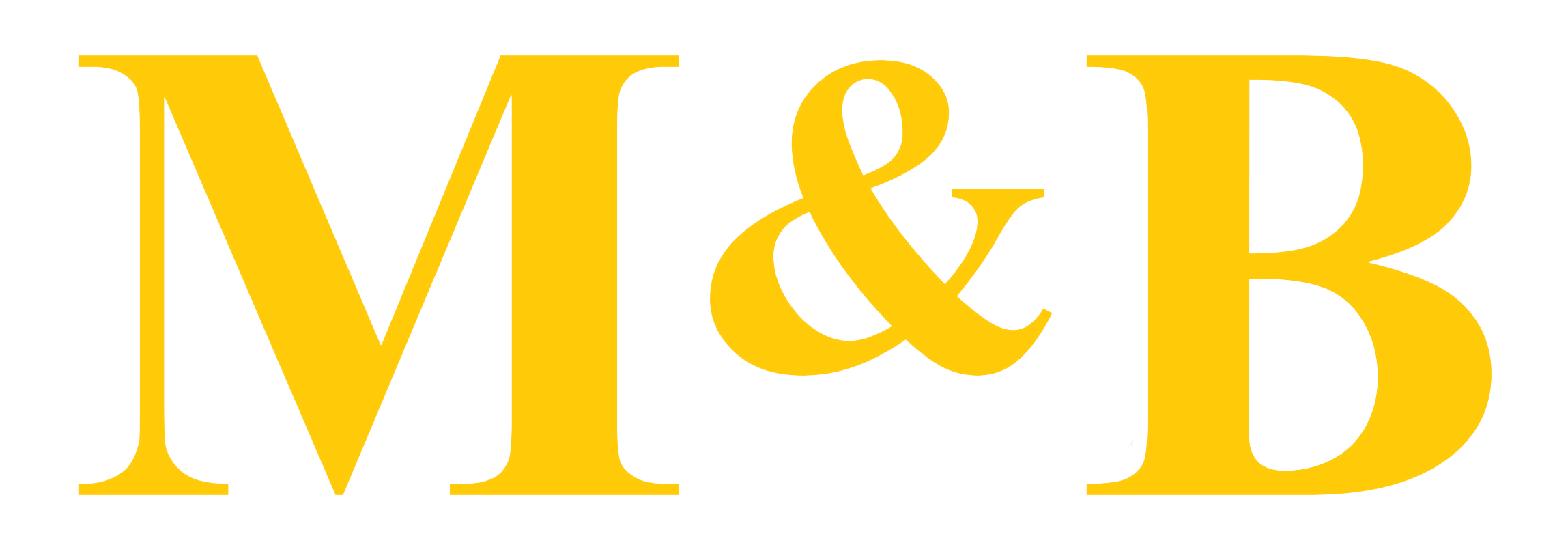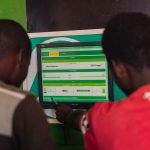Congo’s finance minister, Doudou Fwamba, unveiled a series of fiscal and budgetary reforms this week, declaring that the country had achieved an “unprecedented” 15-month stretch of monetary stability not seen since 2015.
Speaking in a two-hour broadcast on Top Congo radio, Mr. Fwamba said the Congolese franc had held steady at roughly 2,800 to the dollar since September 2025, crediting tighter fiscal discipline and targeted policy changes.
“Lack of discipline”
A former intern at the ministry in 2006 who has served under seven finance ministers, Mr. Fwamba blamed a persistent “lack of discipline” for repeated depreciations of the national currency.
He promoted what he called a “demand-driven economic policy”, designed to “raise investment levels while lowering certain taxes”.
Public investment, he said, had nearly doubled under his leadership — from $360 million in the first quarter of 2024 to $720 million in the second half of the year.
Several measures, including reduced customs duties and fees on essential goods, have been introduced in recent months. But Mr. Fwamba acknowledged that some infrastructure projects, including the Kinshasa Arena and the capital’s long-delayed financial centre, had been put on hold as a result.
“Robust economy?”
The minister also pointed to a widening fiscal deficit, originally projected at 0.6 percent of GDP but now closer to 2 percent, driven largely by the war in eastern Congo. He said cost-cutting measures, including reductions to special presidential funds, were saving the treasury “$15 million per month”.
“Today we have a robust economy, with growth above 6.5 percent in 2024, compared to the IMF’s projection of 6 percent,” Mr. Fwamba said.
“Relative to the average in sub-Saharan Africa, our growth is strong — but it must be translated into daily life and the purchasing power of Congolese households.”
Elisha IRAGI for M&B Magazine
Congo’s Finance Minister Touts ‘Unprecedented’ Monetary Stability Amid Fiscal Reforms





